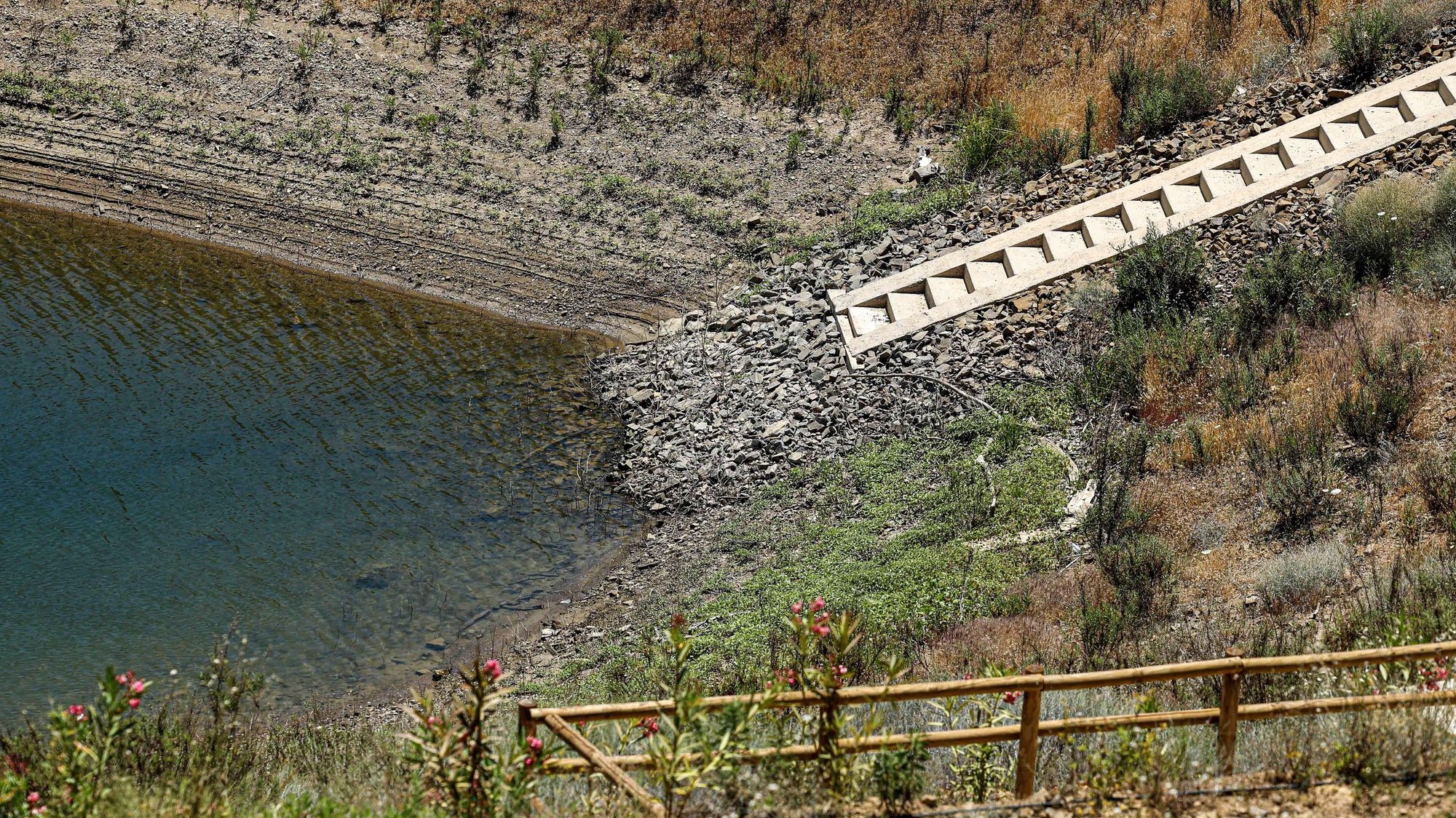Water equivalent to 49% of supply billed to families
In 2022, the Algarve lost a total of 15 million cubic metres of treated water in its supply networks, which would be enough to meet half the needs of Algarve families, according to data released today by DECO PROteste.
“More than 15 million cubic metres of drinking water escaped from the distribution system in the Algarve in 2022, the equivalent of 49% of the water billed to families that year,” stresses DECO (standing for Portuguese Association for Consumer Defence) in a statement.
According to DECO’s analysis, data from the region’s 16 municipalities shows that half of them recorded high losses that year and 15 were below the minimum recovery levels for ageing networks.
“Lagoa, Lagos, Silves, São Brás de Alportel, Loulé and Castro Marim are the ‘top’ six Algarve municipalities that wasted the most treated water in 2022.
“Aljezur, Tavira, Alcoutim, Vila Real de Santo António and Portimão are the municipalities that have wasted the least water,” it says.
Regarding the state of networks, DECO PROteste points to eight municipalities with an ageing network (Aljezur, Lagoa, Lagos, Loulé, Olhão, Portimão, Tavira and Vila do Bispo), two with no data available (Silves and São Brás de Alportel) and only one with a recent network (Alcoutim).
According to the national consumer protection organisation, responsibility for water losses through the supply network “lies with management entities, which have not invested in rehabilitation or have invested little“.
According to recommendations from Water and Waste Services Regulatory Authority ERSAR), annual rehabilitation should be between 1.5 and 0.4% of the ageing network.
The 2022 figures also show a waste throughout mainland networks of 162 million cubic metres of treated water.
“The scenario is very worrying,” says DECO Proteste’s sustainability officer Elsa Agante. She stresses the added factor of the Algarve region being “very pressurised by tourism”, which has “experienced periods of prolonged drought”.
According to the organisation, autonomous tariffs should be created for non-residents and/ or anomalous consumption in a region with a high level of second homes.
“It’s not fair to penalise residents who make prudent use throughout the year with the price increases associated with high demand in the summer. In the region with the highest consumption per contract in the country, where there is little rainfall and where demand soars in the summer, you cannot waste water that doesn’t exist,” Agante concluded.
DECO’s findings underscore the statements by environmental associations that if management entities got to grips with network losses, there would be no urgency for a desalination plant, costing €90 million and threatening to increase utility bills massively. ND
Source material: LUSA


























